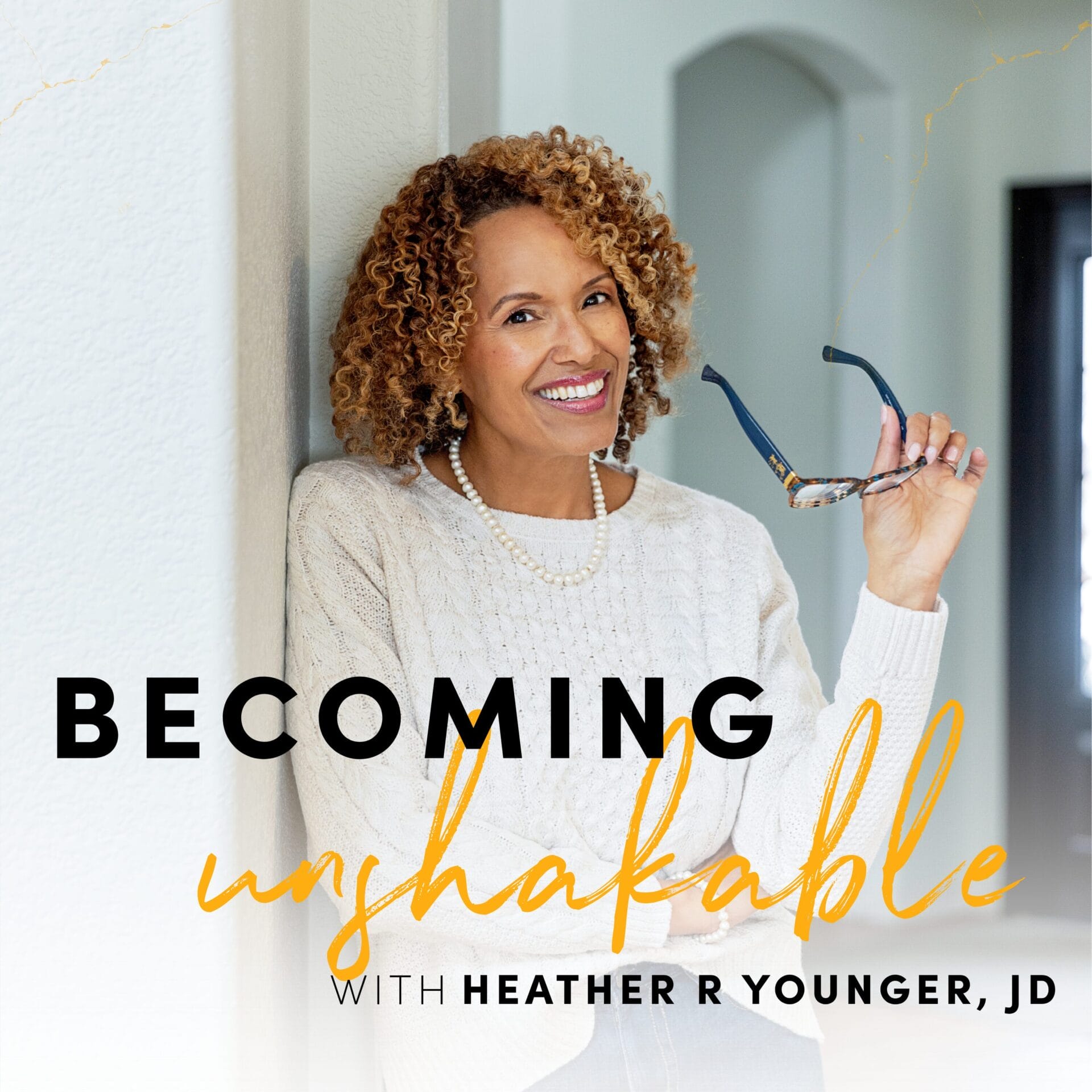Decisions, Decisions…
I was walking with my son one day, and he said to me:
“Everything starts with a decision, which is just really a choice. We all have to make a series of choices. That gets us where we are today.”
He went on to say that as he makes choices, he would do what others wanted him to do if he was interested in that option, but if it didn’t interest him or he thought it was a bad idea, he wouldn’t do it. Nor would he care what others thought about him regardless of his choice.
That resonated with me.
In 2021, I made a lot of decisions—many that served me well and some that did not. I wrote a book that came out in April, which required me to focus, have quiet time, get organized, and follow a process with my team. Those were all choices. On the other hand, I wavered on my diet, ate too many sweets, and put on a little weight. I made the decision not to do what I knew would serve me and my preferred health.
Life is constantly about making choices. The no-brainer choices, the difficult choices, and all the curveballs in between. So how can we all be better in 2022 about making choices that serve us well?
Identifying Self Habits
Being able to recognize your habits, good and bad, is so important. We are often too hard on ourselves by jumping to conclusions, overthinking, and making decisions that don’t really benefit us in any way. Some just for the sake of convenience, and others because we simply didn’t take time to think things through.
I once read an article from VeryWellMind about nine psychological habits that make you a better decision-maker and keep your mental health in check. Here’s a short snippet from each:
Take note of your overconfidence
Good decision-makers recognize areas in their lives where overconfidence could be a problem. Then they adjust their thinking and their behavior accordingly. Perhaps you are 90% sure you know where the office is that you’re visiting. Or maybe you’re 80% certain you can convince your boss to give you a promotion. If you’re overconfident about those things, your plans are likely to go awry.
Identify the risks you take
Identify habits that have become commonplace. These things require little thought on your part because they’re automatic. Then take some time to evaluate which might be harmful or unhealthy, and create a plan to develop healthier daily habits.
Frame your problems in a different way
When you face a decision, frame the issue differently. Take a minute to think about whether the slight change in wording affects how you view the problem. For example: One surgeon tells his patients, “Ninety percent of people who undergo this procedure live.” The other surgeon says, “Ten percent of people who undergo this procedure die.” The facts are the same. But research shows people who hear “10 percent of people die” perceive their risk to be much greater.
Stop thinking about the problem
While science shows that there is plenty of value in thinking about your options, overthinking your choices can actually be a problem. Weighing the pros and cons for too long may increase your stress level to the point that you struggle to make a decision.
Set aside time to reflect on your mistakes
Make sure you don’t dwell on your mistakes for too long. Rehashing your missteps repeatedly isn’t good for your mental health. Instead, keep your reflection time limited—perhaps 10 minutes per day is enough to help you think about what you can do better tomorrow. Then, take the information you’ve gained and commit to making better decisions moving forward.
Acknowledge your shortcuts
Make it a daily habit to consider the mental shortcuts that lead to bad decisions. Acknowledge the incorrect assumptions you may make about people or events, and you may be able to become a little more objective.
Consider the opposite
Considering the opposite will help break down unhelpful beliefs so you can look at situations in another light and decide to act differently.
Label your emotions
Make it a daily habit to label your feelings. Note whether you’re feeling sad, angry, embarrassed, anxious, or disappointed. Then take a minute to consider how those emotions may influence your decisions.
Talk to yourself like a trusted friend
When faced with a tough choice, ask yourself, “What would I say to a friend who had this problem?” You’ll likely find the answer comes to you more readily when you’re imagining yourself offering wisdom to someone else.
In my book, I talk a lot about self-leadership and how it influences your way of thinking. Refocusing and adjusting these small habits into your life will do you a world of good when it comes to making better decisions in every aspect of your life.
Offering Yourself Solutions
It’s tough sometimes to sit down and think about the choices you’ve made and why you made them, especially when you weren’t happy with the outcome. But there are always ways to break down your thinking and make better decisions next time. Offer yourself realistic solutions.
Know your why for making the decisions you have made. Are they for you or someone else?
I know I’ve made decisions thinking more about others than myself. Many of us do, but being too selfless isn’t always a good thing. Remember that it’s equally important to take into account how you will be affected by your choices. You may be making a decision about something that’s overall best for your family, but is it the best for you? Make sure you consider all outcomes and do your best to make decisions that equally benefit you and any other party you’re considering.
Break it down into bite-sized actions, which makes it easier to accomplish.
Maybe you’re taking on a big project at work, or perhaps you’re just packing for a family vacation. Thinking about everything you have to get done will quickly overwhelm you. Instead, take the time to write yourself a to-do list and check action items off as you go. Seeing your accomplishments one by one will help alleviate that pressure and stress.
Give yourself a little grace, but not too much. Too much allows us to skip backward.
Sometimes you will go off-track, take a detour, and may even be forced to backtrack. Rather than beat yourself up or blame others, remember to give yourself a little grace. You will quickly find yourself back on track and will figure out how to overcome almost any obstacle.
Exercise gratitude and give yourself praise for which choices you stick to daily and the results.
Anything worth having is worth tracking. Measure your success and setbacks along the way in a journal or tracking tool. For example, I have gone in and out of tracking what I eat, and I am much more successful at staying on track when I know I have to write it down.
Remember, we are all human. We will make some decisions that move us forward, and some that move us backward. It’s how we are. We can increase our chances of making better choices and achieving all we want in the new year if we recap the five above.
Going into 2022, which choices will YOU make?




